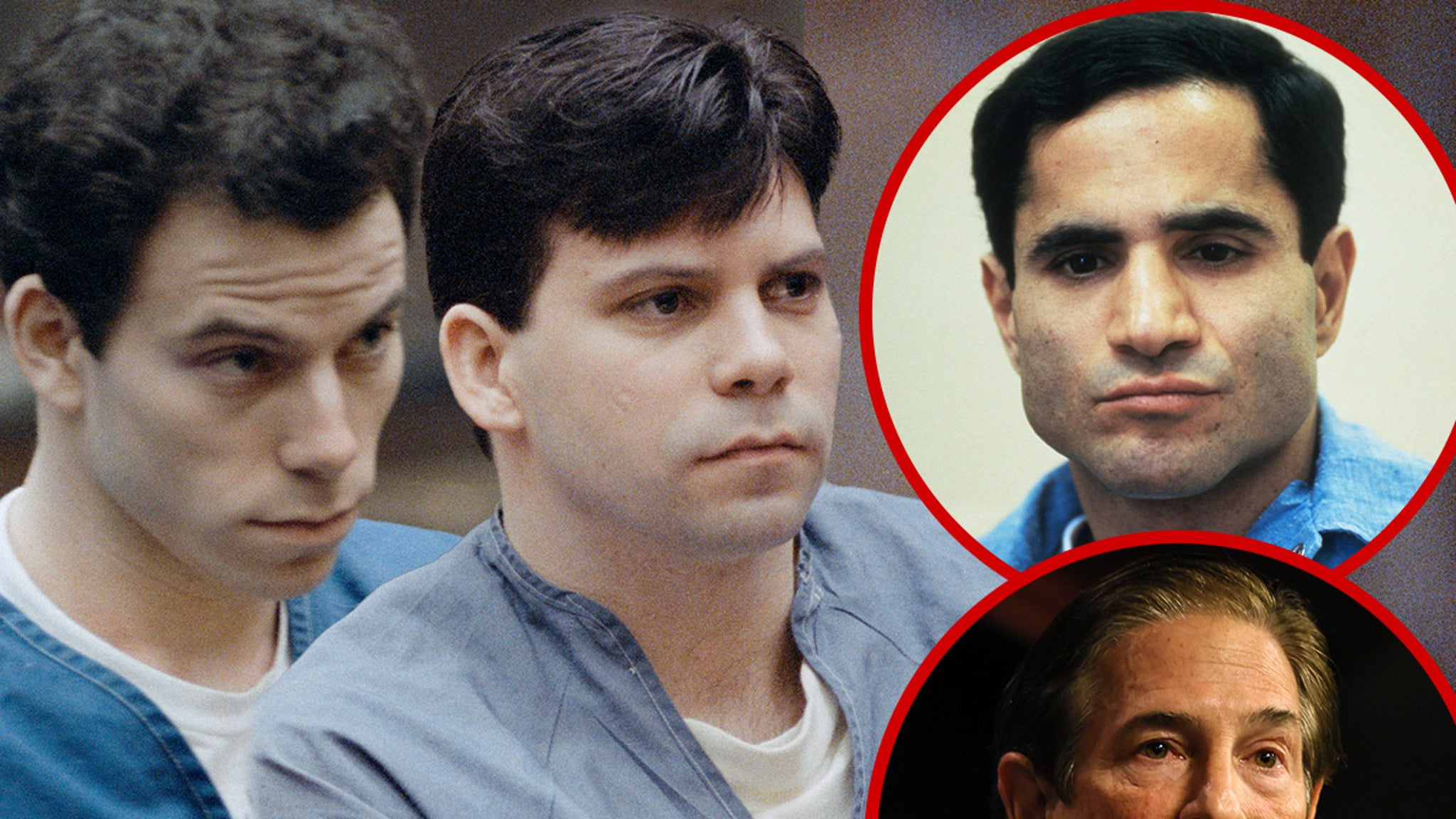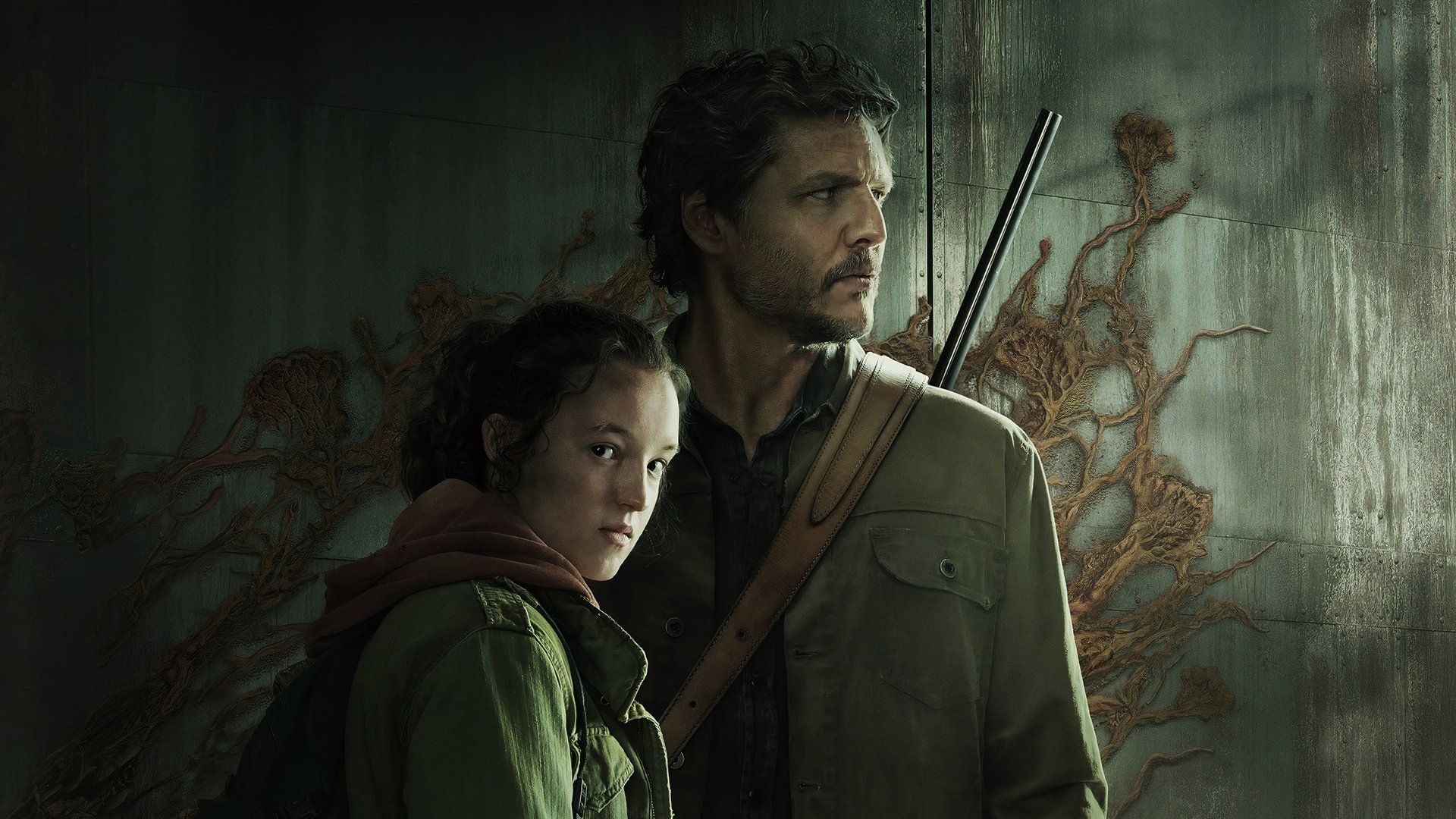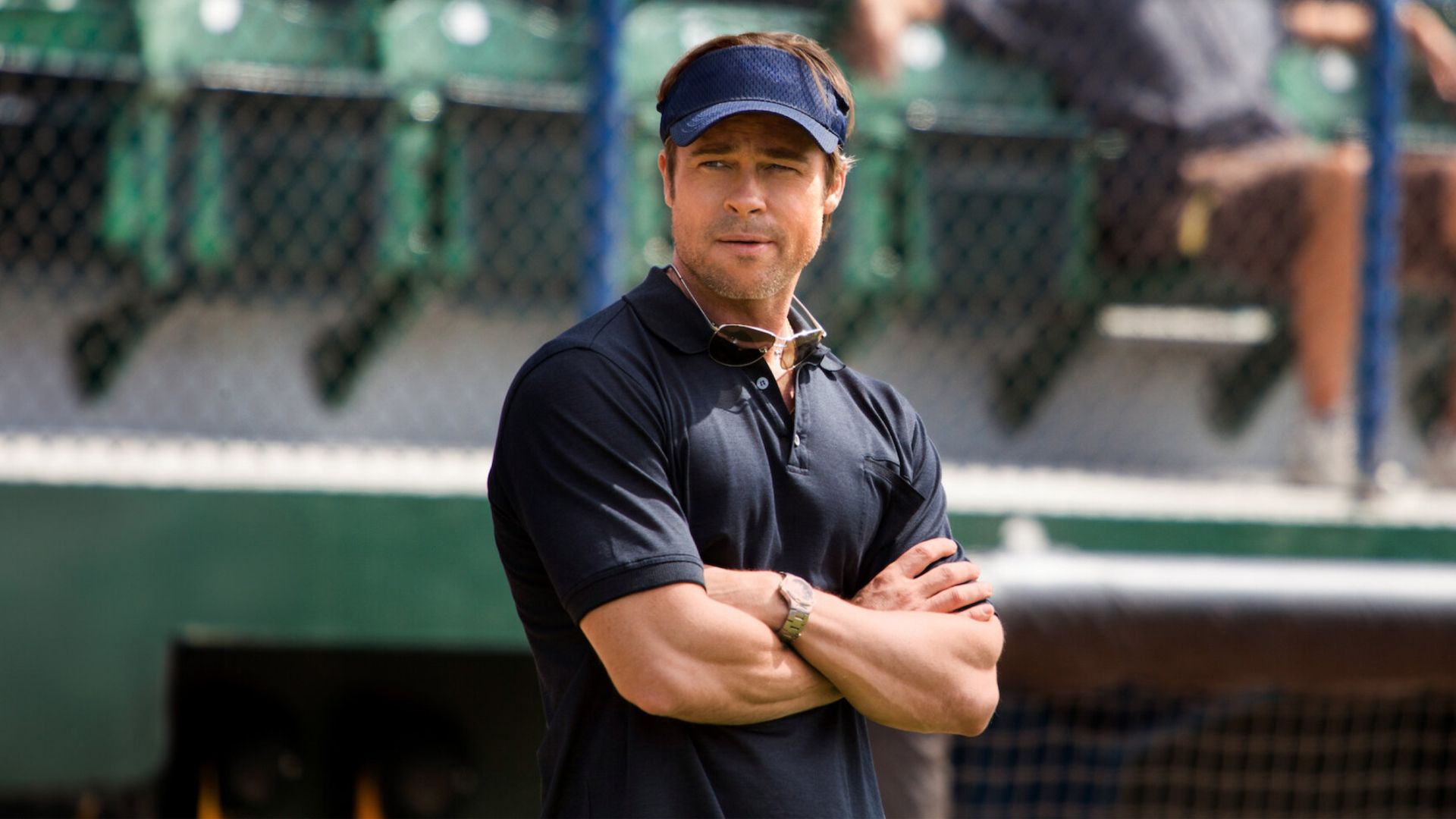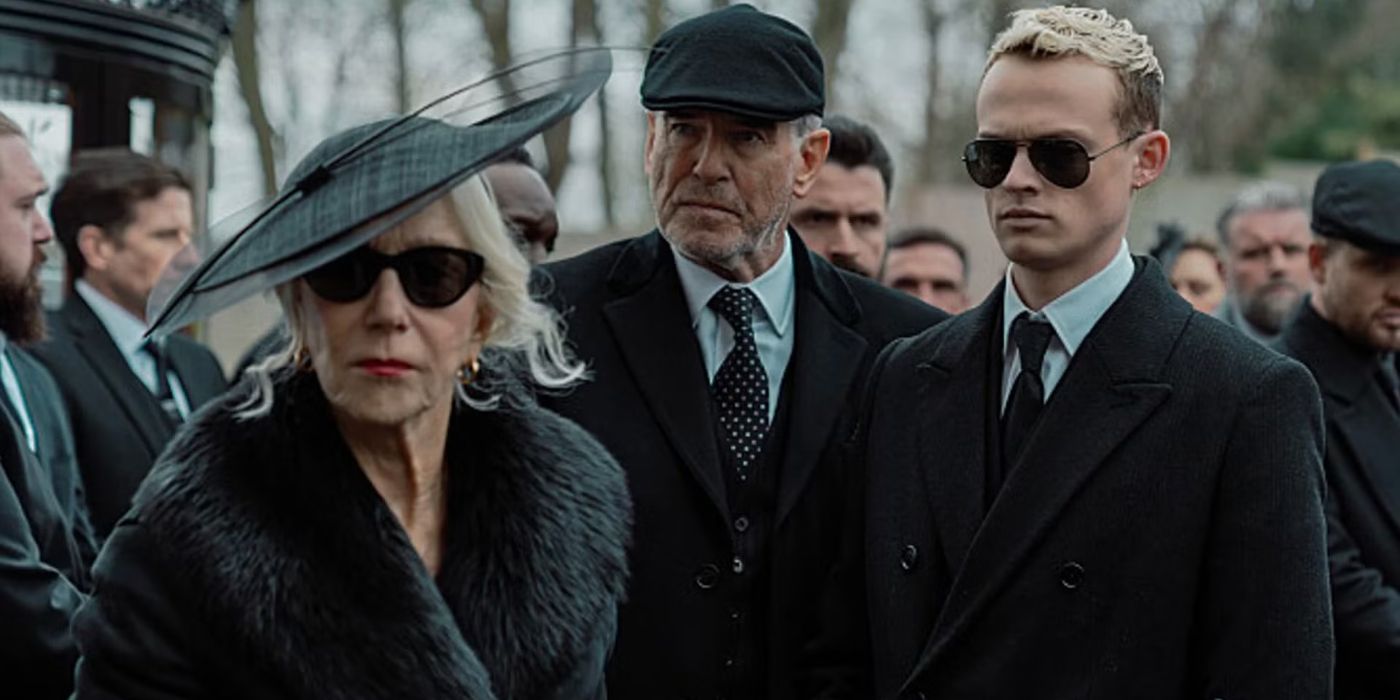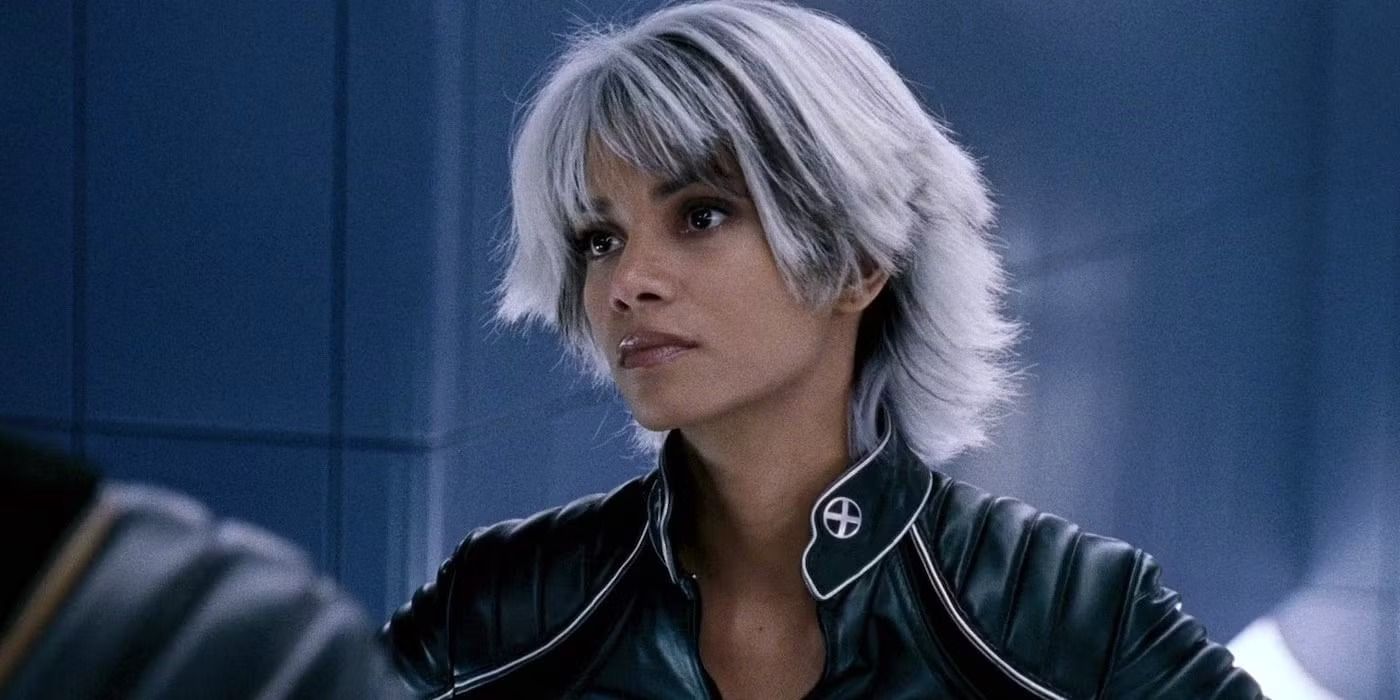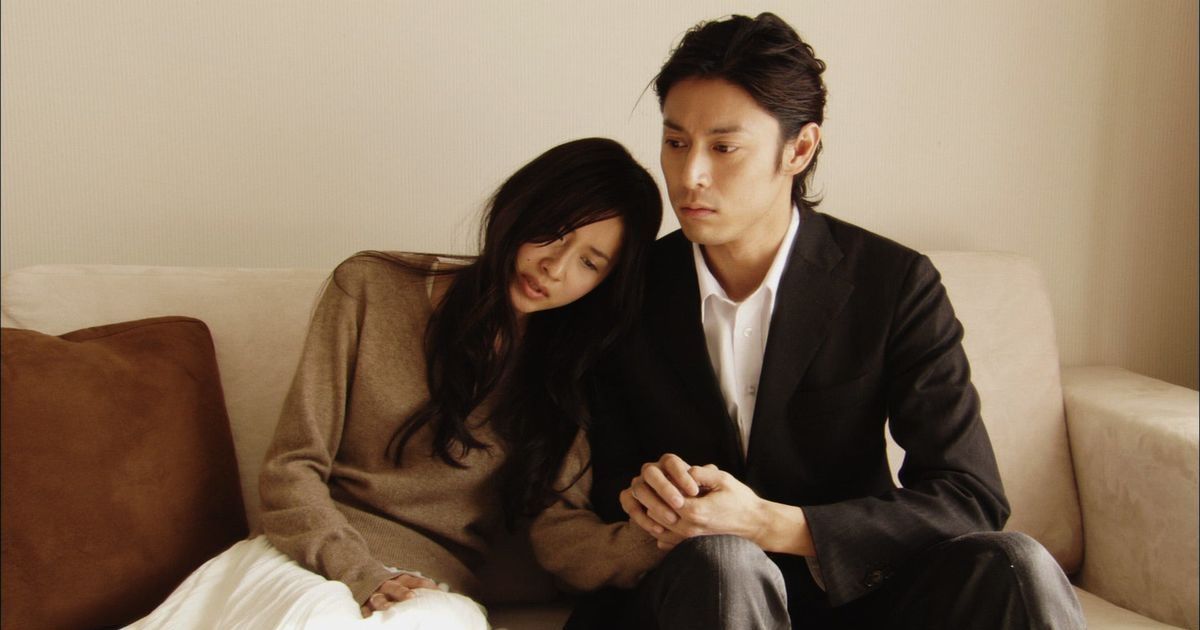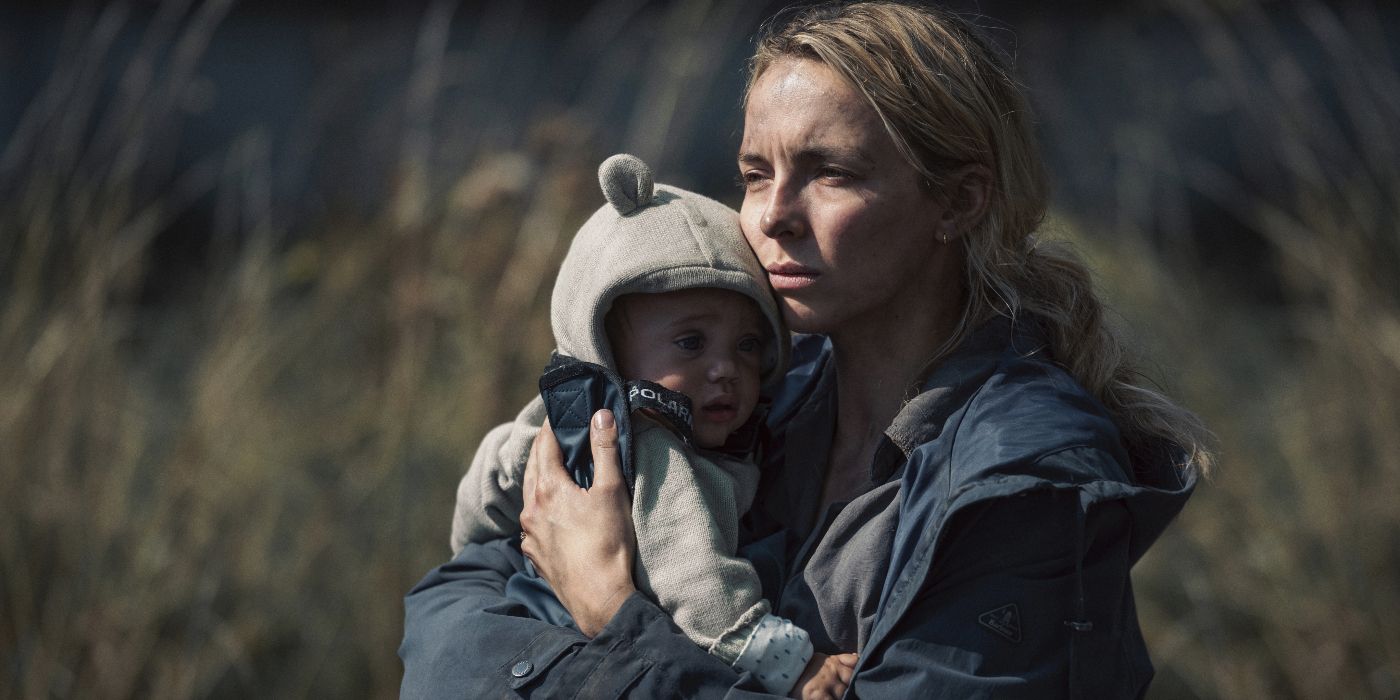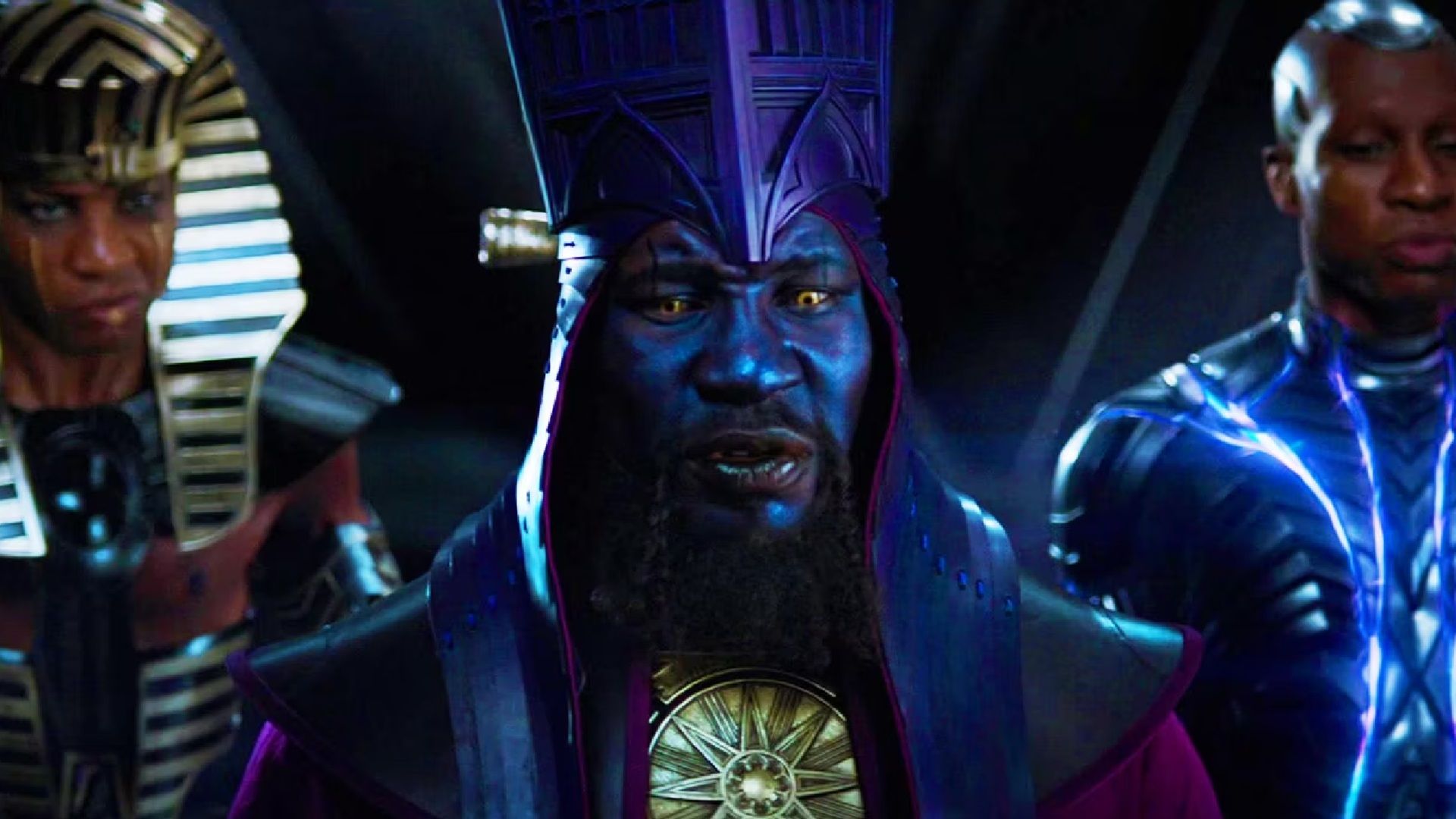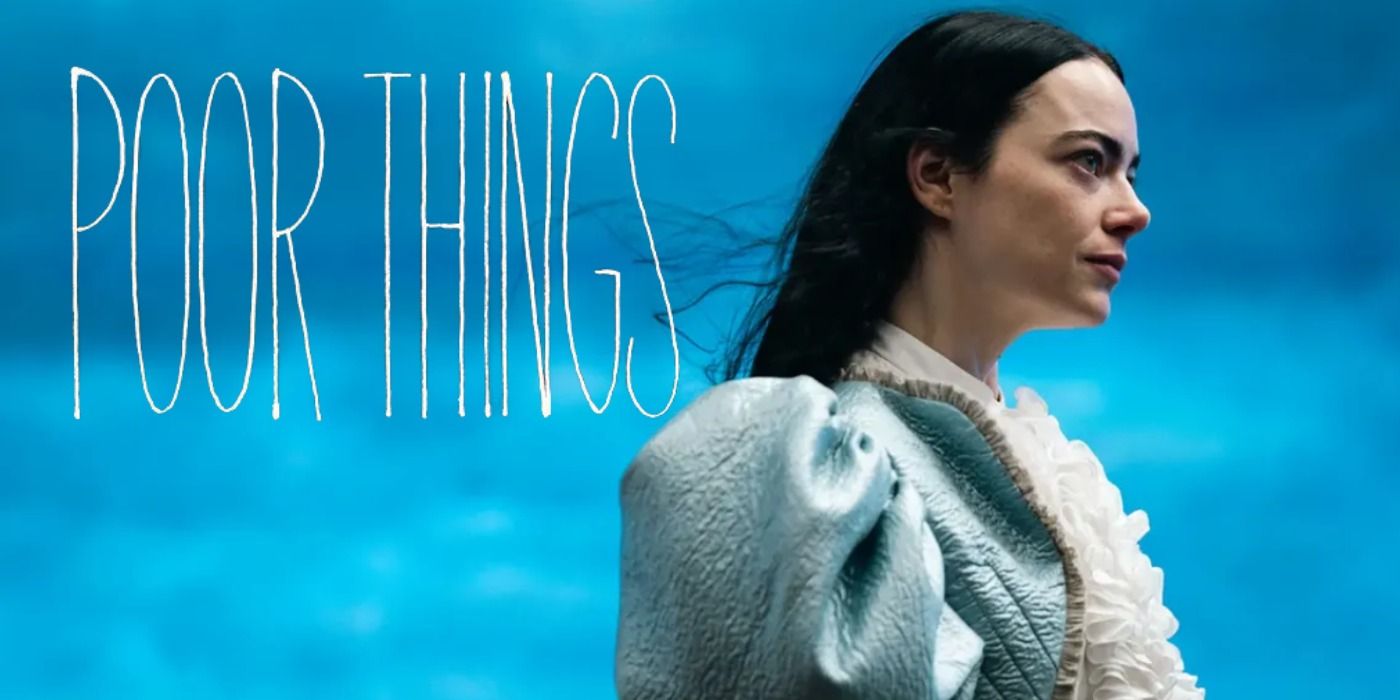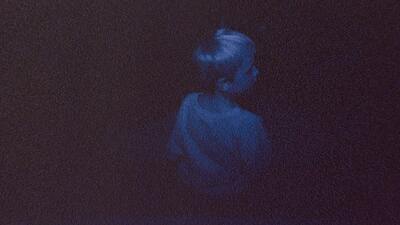Passion is a paradox. On one hand, for American audiences, it’s a new Ryusuke Hamaguchi film, coming on the heels of Drive My Car’s international success two years ago, and thus a reacquaintance with more of the Japanese director’s work. On the other hand, however, Passion is actually an old film: it was initially released in Japan in 2008, and is only now, 15 years later, seeing theatrical distribution in U.S. markets. What’s more, it’s immediately evident just how old the movie is, from its visual texture, reminiscent of the early days of digital cinematography, to its diegetic details (old flip phones, small TV sets, and the like).
MOVIEWEB VIDEO OF THE DAYSCROLL TO CONTINUE WITH CONTENT
The fact that Passion is a Japanese movie from the 2000s may be a tougher sell for the average American theater-goer today, particularly at a time in the industry when legacy sequels, reboots and remakes, and superhero fanfare seem to be the biggest draws, but this is precisely what makes Hamaguchi’s film so interesting. If we can consider all movies — yes, even the Marvel ones — to be manifestations of the ideologies of those that create them, then we can also hold them as historical documents that are emblematic of a specific culture, school of thought, or rhetoric at a certain point in time.
In this way, Passion effectively historicizes its director’s curiosities as a young filmmaker — it was his sophomore feature and, per Variety, graduation film, after all — essentially providing a time travel-trail of bread crumbs of the themes and ideas that would continue to pop up in his later films like Happy Hour, Asako I & II, and, of course, Drive My Car. As a result, for fans of Hamaguchi, Passion will be a fascinating retrospective experience. For others, who may be entering the cinema knowing nothing else, it will nonetheless be a moody and layered relationship drama elevated by the cast’s performances.
Palpable Chemistry from the Cast
Written and directed by Hamaguchi, Passion follows a group of friends in their 20s navigating the universal travails of new adulthood and the larger existential dread that comes with realizing you are now meant to figure everything out on your own (or, at least, you’re supposed to be).
One night over dinner, Kaho (Aoba Kawai) and Tomoya (Ryuta Okamoto) announce their engagement, which, to their surprise, elicits varying responses from their friends, Takeshi (Kiyohiko Shibukawa) and Kenichiro (Nao Okabe). Throughout the rest of the night and the days that follow, secrets are unearthed and harsh truths are confronted, exposing the cracks in the foundation of what on the outside looked like a tight-knit group.
Over the course of two hours, Hamaguchi’s lens narrows in on these characters’ innermost feelings, and, more significantly, he relishes in the disconnect between what they feel on the inside and what they present on the outside. They, particularly Tomoya (whose infidelity to Kaho is the first domino to fall), make choices and pronouncements that, at once, inspire rage in us, but also invite compassion. It certainly helps in this regard that the ensemble cast are all phenomenal performers, the chemistry between them so palpable that you’d think they were all actually friends and Hamaguchi merely followed them around with a camera.
Related: Cube Review: Japanese Remake of the ’90s Masterpiece Has a Different Shape
Okabe and Shibukawa turn in the more reserved performances of the bunch, but neither get lost in the shuffle; each actor hones in on their respective characters’ anguish from unrequited love, bravely leaning into the darker shades of desire. As Takako, Fusako Urabe is magnetic, and though Takako is positioned as the object of Tomoya’s affection, and therefore the subject of our gaze, Urabe easily dominates the scene, resisting becoming solely a prop.
Of course, it’s Kawai and Okamoto who are given the most to chew. One scene, without spoiling anything, involves schoolteacher Kaho talking to her classroom about pain and death after one of her students’ suicide; it’s a tightrope walk for Kawai as she must rein in the anger, despair, and hopelessness Kaho feels towards her class, and Kawai is nothing short of perfection.
A Mirror to Youth Itself
Tokyo University of the Arts
It’s remarkable how, from a North American point of view, these friends exist across the Pacific Ocean, speak a different language, and belong entirely to a different culture, and yet they are instantly recognizable — almost as if Hamaguchi is holding up a mirror to youth itself, presenting to us the all-too-familiar crises of the heart that surely most of us have experienced in life and love.
Related: Best Ryusuke Hamaguchi Movies, Ranked
With the benefit of hindsight, it makes sense why there’s a documentarian feel to the film. Per Criterion, Hamaguchi would spend the years following Passion engrossed in documentary film-making. And in his later fictional works, what would be evident is a propensity for an observatory approach to even the most emotionally charged scenes.
Hamaguchi’s approach to cinema is ultimately what led Drive My Car to Oscar victory in 2022, and, now, for Western audiences who’ve seen the film, has ignited a desire for more. It is therefore most appropriate that, with Passion finally opening stateside, viewers are able to be transported across time and into the director’s world, where we can trace his origins as one of the most singular filmmakers of the 21st Century.
Passion premiered April 14 in New York City at Film at Lincoln Center and will screen in Los Angeles at the Laemmle Glendale on April 17. Film Movement will announce additional markets at a later date.
You can view the original article HERE.


